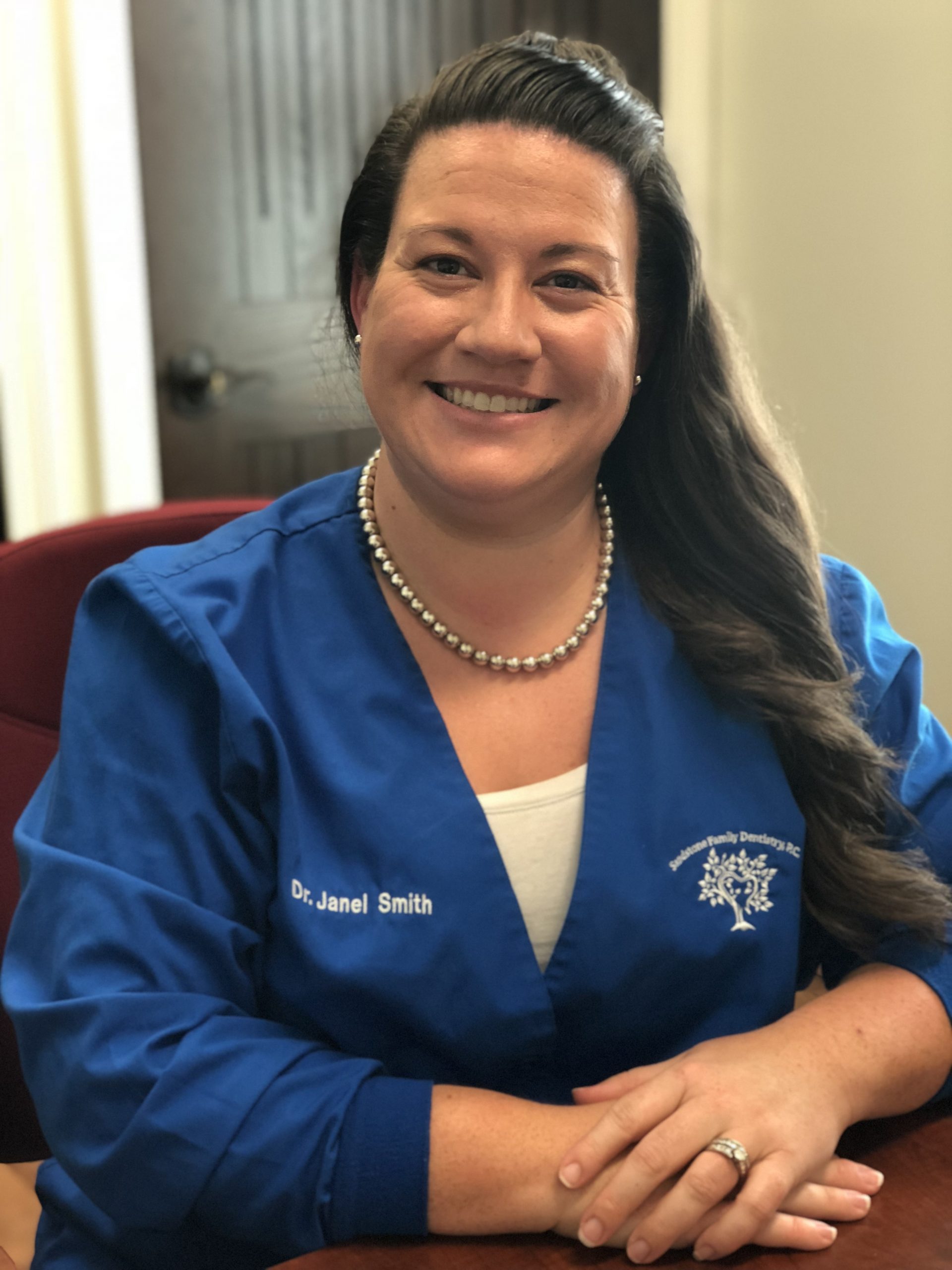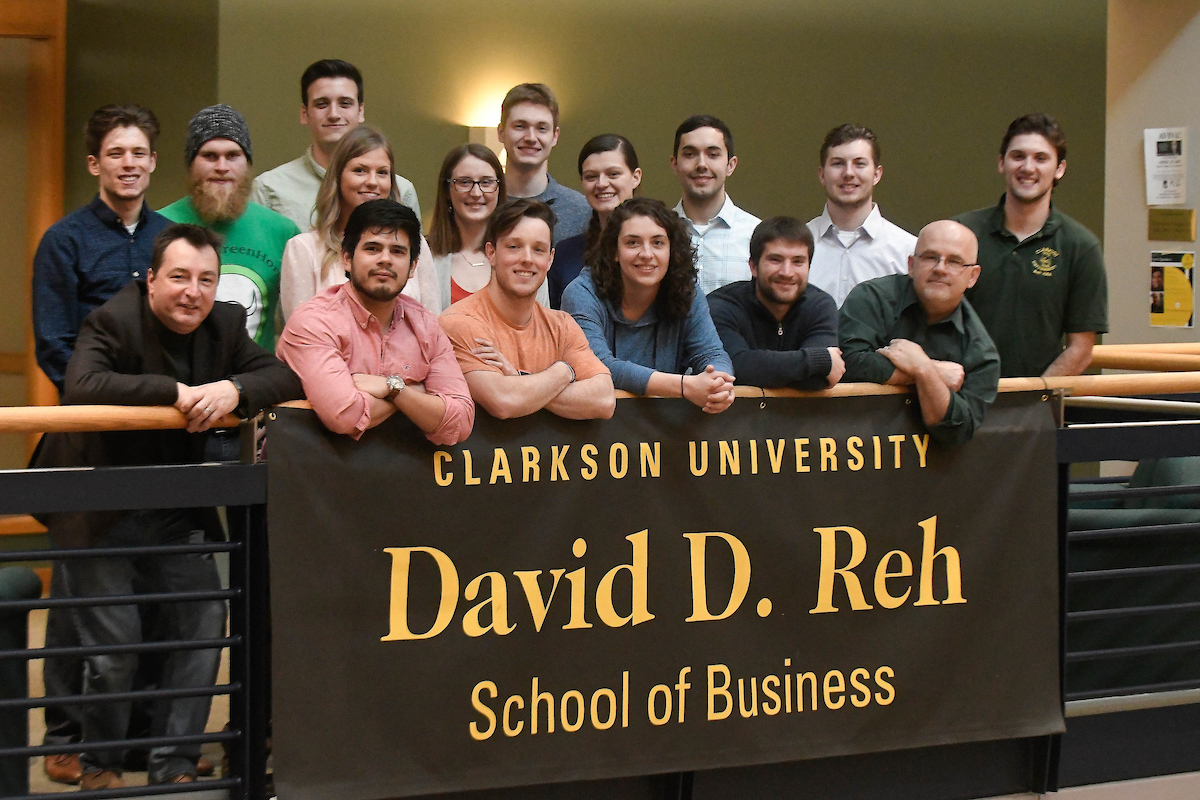At some point in your academic journey, you’ll likely have the opportunity to attend a career and graduate school fair. While it can feel overwhelming or intimidating, remember that it’s an incredible opportunity to network and learn about companies, positions and graduate programs that interest you.
To help you prepare, we spoke to the Graduate Admissions team at Clarkson University to compile some tips for a successful experience.
Do Your Research
Career fairs often host a variety of companies and graduate schools from a wide range of industries. This offers a unique and convenient opportunity for students to explore many opportunities in one place. Most schools provide a list of registered companies ahead of time—use this to your advantage. Identify which companies and programs stand out to you, narrow down your list to those you’re most interested in, and spend some time researching them.
So what kinds of information should you be looking for? At minimum, you’ll want to find out what services or products the company offers, where they’re located and what opportunities they offer. You don’t have to spend hours collecting every bit of information available about a company on the web, but spending 30 minutes to an hour getting familiar with the basics will help you have more meaningful, memorable and confident conversations with representatives. Take notes (typed is best) to refresh your memory quickly while you’re at the fair. Focus more on preparing questions and conversation points rather than trying to memorize everything about every company.
Map Out Your Experience & Interests
Besides knowing the basics of each company you plan to talk to, you’ll want to think about what academic, work or personal experiences you can talk about to highlight your skills. You may have interests, career goals or academic experiences that relate directly to what you’ve learned about a company–be sure to share that in your conversation(s) with their representatives. For example, let’s say you’re interested in career opportunities with an electric utility company. Maybe you have experience with energy-related research or have completed an internship with a solar power provider. These are both great points to discuss in your conversation with that utility company’s recruiter. Share what your responsibilities were, what you enjoyed about the experience and how it shaped your interest in pursuing a career in the energy industry.
Ask Thoughtful Questions
Asking the right questions is key to making a great impression. Avoid general questions like, “Does your university have a grad program for civil engineering?” or “What does your company do?” These are things you can easily find online. Instead, ask questions that reflect your preparation, such as details about company culture, specific projects or mentorship opportunities.
“People are often nervous to talk to recruiters. We’re here to help you, even if our program isn’t the right fit for you. At the end of the day, our goal is for you to leave with more knowledge to help you take your next steps, whatever they may be.”
Follow Up
After the fair, don’t hesitate to reach out to the representatives you spoke with. If you have additional questions, they’re often happy to help or direct you to someone who can. Even if you don’t have questions, a quick thank you email can leave a lasting impression. It’s a small gesture that can go a long way—especially since you never know who might be involved in your future job or admissions process.
Fill Out the Inquiry Card
If you’re interested in an opportunity, make sure to leave your name and contact information. Students sometimes avoid this to avoid spam emails, but here’s a tip: create a separate email account for inquiries. This way, you can check updates on your own schedule without cluttering your primary inbox.
Companies often send valuable information like program descriptions, fee waivers, job listings and important deadlines to people who sign up for career or program information. Don’t miss out on these perks!
Be Open to Opportunities
“Probably the most important advice I can give is not to limit yourself.”
For example, some students focus too much on tuition costs or insist on an online-only program. However, many schools offer scholarships that are only available after you apply. Similarly, relocating for a few years may open doors to unique programs or career opportunities.
Other factors to consider include a program’s alumni network, faculty expertise and career readiness resources. “Make sure to explore all of your options and, more importantly, stay open to them.”





